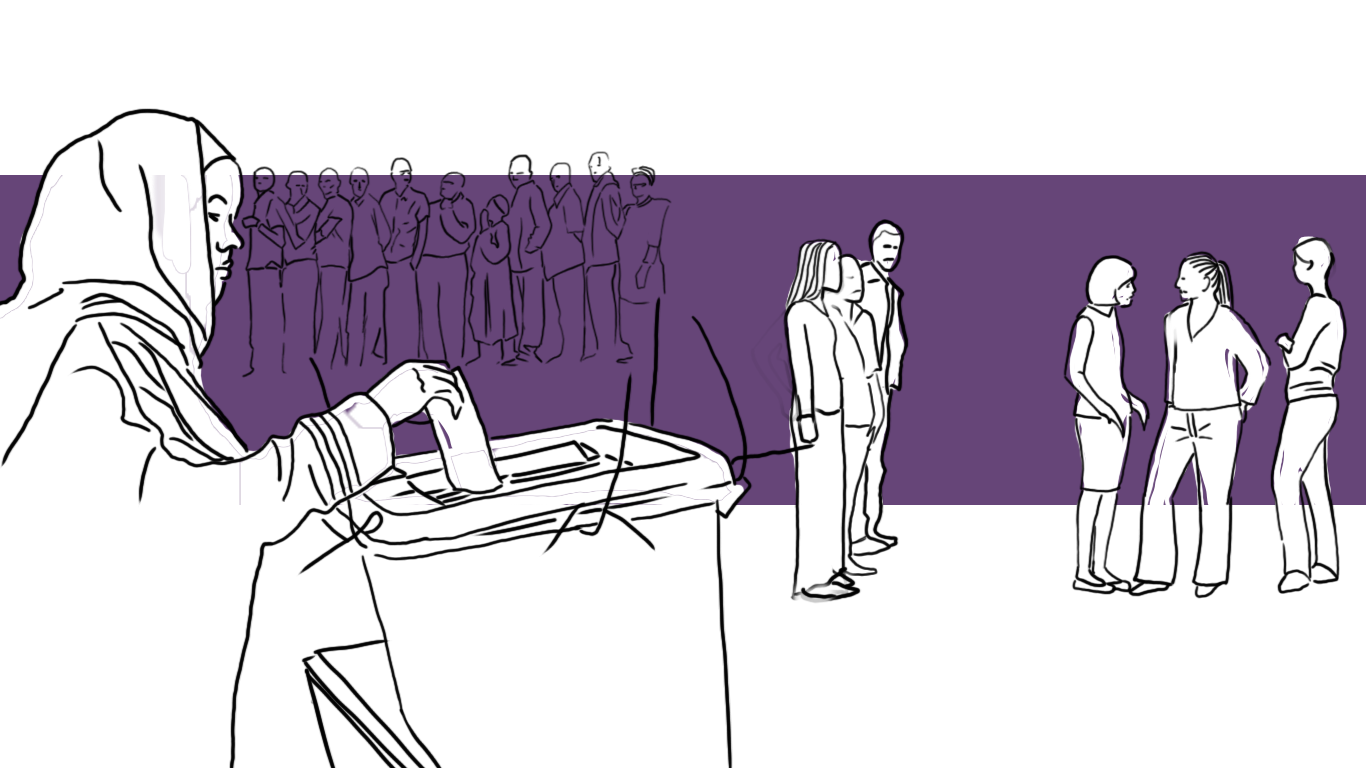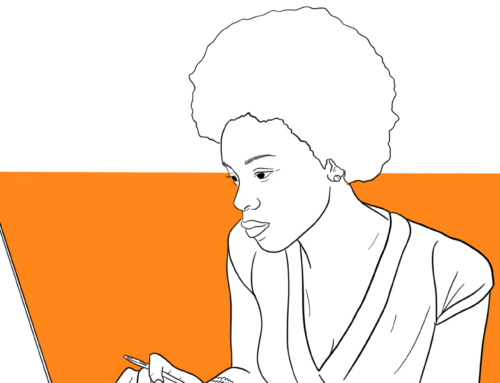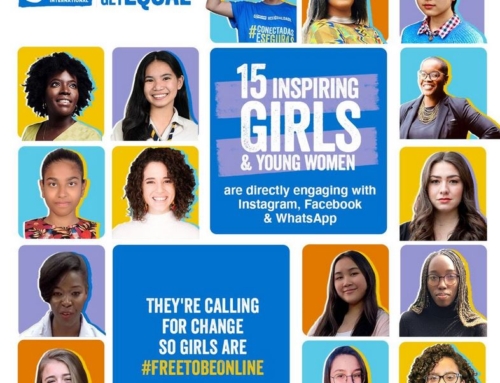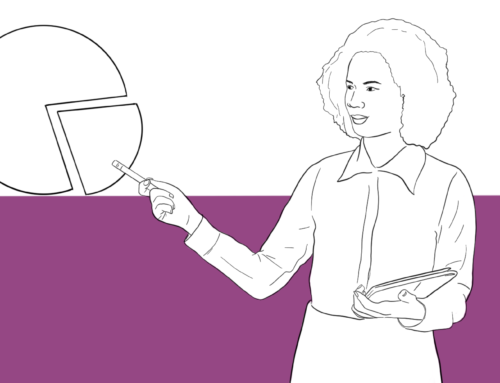fail
/feɪl/
“To be unsuccessful in achieving one’s goal.”
Online and digital technologies that provide a link between the government and the governed are increasing everywhere around the world. These technologies have the potential to build government accountability, increase transparency, promote citizen engagement, broaden public debate, and a lot more. It’s because of this potential that civil organizations, governments, development agencies, and philanthropists are all-embracing civic technology.
In developing countries like Uganda, we have seen a rise in CivicTech platforms such as; Parliament Watch — an initiative by journalists and activists that aims at keeping the parliament in check by delivering accurate data and statistics from parliament to the general public, Yogera — a platform that links government and citizens and uses its popular “wall of shame” to expose incompetent government officials, user.ug — a citizen feedback portal hosted by KCCA that provides information on projects, Huru Map — a tool that integrates census data on one platform to promote accountability, PesaCheck — a platform that fights misinformation and fake news, m-Omulimisa — a mobile platform that connects farmers and duty bearers through SMS and web, Wetaase — a platform that fights against human trafficking.
However, there is little evidence to demonstrate the real-world impact of such platforms. In trying to understand why, we’ve put together some potential reasons and ways forward.
Lack of Sustainability
Although interest in civic technology is higher than ever — coupled with no barriers to entry, civic tech startups still struggle with the problem of sustainability. Very few have meaningful strategies to enable them to adapt to the rapidly changing operating landscape and most end up dying out from lack of income stream or funding. To counter this, civic tech startups need to have in place strong communication strategies, measure impact continuously, seek partnerships and other collaborative opportunities.
Poor Usability
As with building any tech-based product, it can be very difficult to build a tool that can be used by everyone. And for underdeveloped countries like Uganda facing issues of income inequality and illiteracy, even the simplest form of a tool to one individual can be complex to another. CivicTech platforms in such countries are failing because of the complexity and the low competencies of citizens. This can be addressed by involving the stakeholders or customers right from the beginning of the building process of the platform. However, involving all the necessary stakeholders is often hindered by poor response.
Poor Response
While public consultation is the go-to for solving the usability problem, public consultations are in most cases not representative of the general views of the public. This is because public meetings are often sparsely attended, mostly by individuals from specific institutions/organized groups or those with a specific agenda — making it difficult to obtain information on the interests, views, or positions of a broader community. To solve this challenge, civic technology startups need to carry out proper consultation processes. A truly representative consultation process can be expensive which brings me to the next challenge of limited resources.
Limited Resources
A proper consultation process often requires extensive resources to implement. This can be in the form of expertise, software, logistics, etc., especially if implemented at the local level. A proper consultation methodology also requires the use of direct, mobile, and internet strategies in order to involve all target groups to ensure a proper representation and have a number of citizens from each target group reached.
This challenge of limited sources can be solved through creating partnerships with civil society organizations and reaching numerous funders (including the government), or even citizens.
Furthermore, civic technology companies can embrace the use of free or open-source tools such as social media or pre-made platforms that can be repurposed.
Current internet transformations and growing numbers of internet users are forcing governments of developing countries to increase the use of e-governance strategies — having them invest large sums of money in tech-based solutions that can transform government operations and make their work more efficient and smarter.
Competition
Citizens are already active on the existing platforms like social networks such as Facebook, Instagram, and Twitter and this makes it difficult to have them migrate over to new similar platforms geared towards citizen participation. For example, a dissatisfied citizen would easily express this on a social media account of a ministry rather than lodging a complaint on the official ministry website. The social media space in Uganda is currently dominated by Facebook taking up to 57.4% of the social media users, Pinterest taking 25.09%, Twitter taking up 11.74%, YouTube taking up 4.01% and Instagram taking 1.13%. CivicTech platforms find difficulty competing with these existing platforms for active users and end up dying out. The solution to this is to not invest in the development of additional platforms where similar platforms already exist or build tools that complement the already in use platforms.
Limited Internet Access
CivicTech platforms are used differently by different groups of individuals. In most cases, marginalized communities would require offline platforms because of the poor internet connectivity in certain areas, lack of access to internet-enabled devices, or challenges of internet affordability. This creates challenges for the use of internet-based platforms. To solve this, both offline and online versions of the tools should be considered to allow participation from marginalized groups.
Undoubtedly, technology is changing the relationship between citizens and their leaders. And this change is crucial for creating a more networked society and enabling greater collaboration among citizens. All this has a wide-ranging impact on how public services are organized and delivered, and in turn, determines the quality of life of the regular citizens. But before diving into building these platforms we must ensure that they are sustainable and usable. Otherwise, we might end up creating thousands of platforms without making any real difference.
By Arthur Kakande, Communications Lead at Pollicy.





Leave A Comment